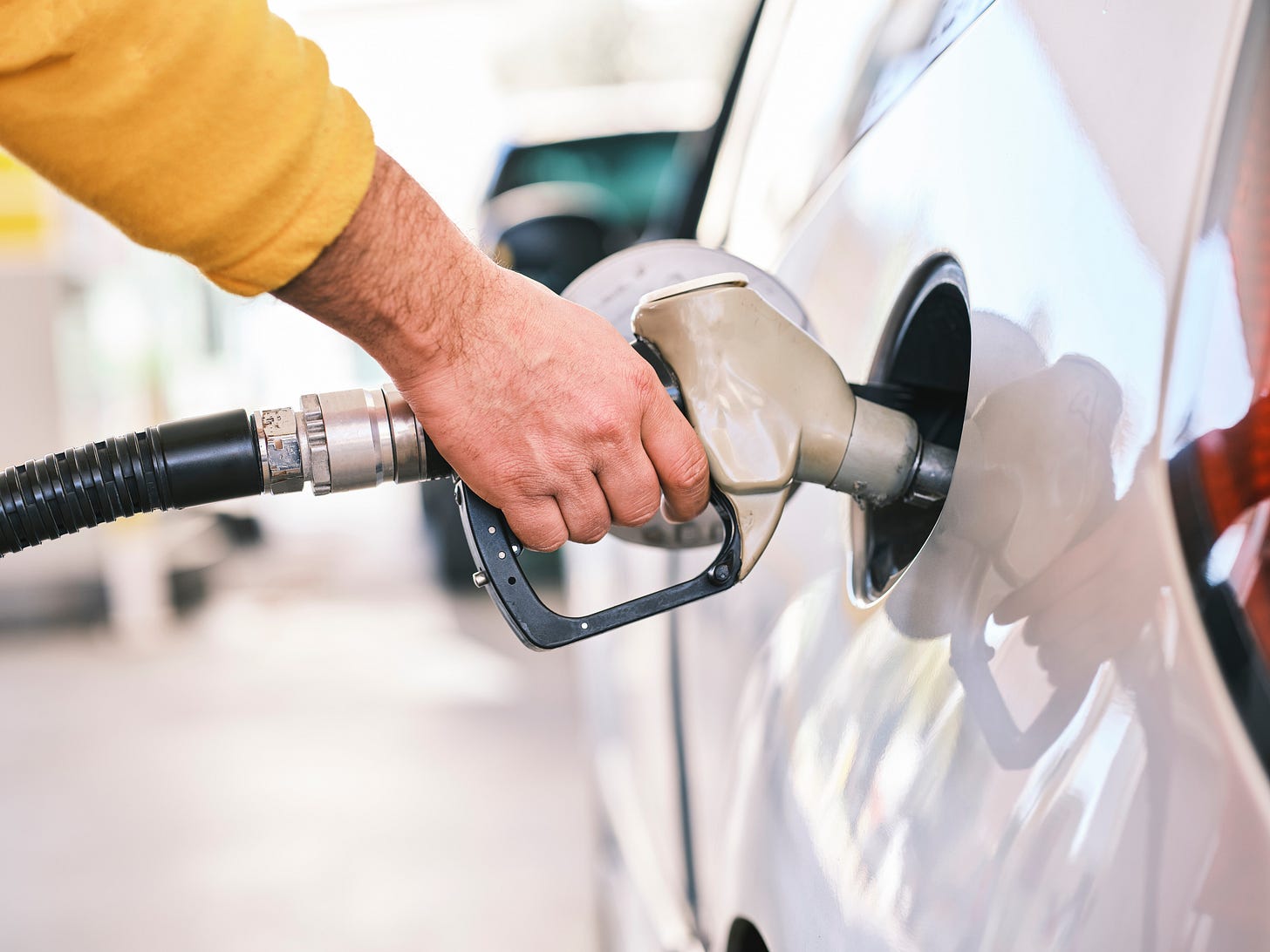Welcome to Planet Days, a roundup of the latest climate news and what it means for our Planet. If this was forwarded to you, smash that subscribe button:
It’s Friday, which means we’re giving you a three-minute take on a big climate story from the week. This morning, that story takes us to everyone’s least favorite stop: the gas pump.

All’s fair in love and war. Just look at what high gas prices are doing to Biden’s climate agenda.
Just last week, Biden ordered the release of 1 million barrels of oil/day for the next six months from the nation’s strategic petroleum reserve. Democrats considered direct rebates to consumers or a windfall tax on oil company profits. And members of both parties called for ramped up domestic oil production.
In reality, high gas prices are a combination of several factors, few of which are subject to simple fixes: the war in Ukraine, supply chain issues, the pandemic. Regardless, lawmakers are pulling out all the stops to drive down gas prices, and in the process, pushing us deeper into the climate crisis.
One huge part of the problem is Americans’ perceived right to consume cheap fuel. And to vote out anyone who gets in the way of that right.
The federal gas tax hasn’t been adjusted since 1993, when lawmakers set it at 18.4 cents/gallon. Adjusted for inflation, this tax has lost half its value in 30 years.
Meanwhile, gas prices are artificially low to begin with, as they ignore the costs of externalities, which journalist Justin Worland recently explained for TIME:
Cars require well-maintained roads, which are subsidized by the government, and the more drivers use these roads, the more money is required to fix them. The pollution released when you drive worsens air quality, which contributes to a range of health ailments from heart disease to asthma, some of which can eventually kill people. Traffic wastes people’s time and harms economic productivity. More driving means a greater chance of car accidents, which kill tens of thousands of people each year in the U.S. On top of all that, driving contributes to climate change.
Instead of increasing gas taxes, investing in walkable cities, or boosting public transit, lawmakers have spent decades expanding highways and creating sprawling, car-dependent suburbs. All of which requires cheap gas.
So when an oil crisis hits, our immediate reaction is not to conserve oil but to maintain this wasteful existence and all its costs.
That’s why lawmakers have focused only on supply-side solutions — freeing up gasoline to drive the prices down — but not on demand, like cutting individual gasoline use (something that can be done with smart policy, as the International Energy Agency recently outlined).
High gas prices don’t have to be an entirely bad thing, though. They can prompt new discussions around…
How to create energy independence from foreign foes; or
Why we’re so reliant on gas prices in the first place, when electric buses, trains, cars, and bikes exist; or
How we can accelerate the transition to clean energy.
Of course, soaring gas prices can hurt Democrats in upcoming elections, and recent polls show that many Americans are concerned about rising energy costs. So calling for higher gas prices is realistically out of the question.
Still, we must remember that relying on cheap gas got us into this mess. And driving down the price of gas today only creates more problems tomorrow.



